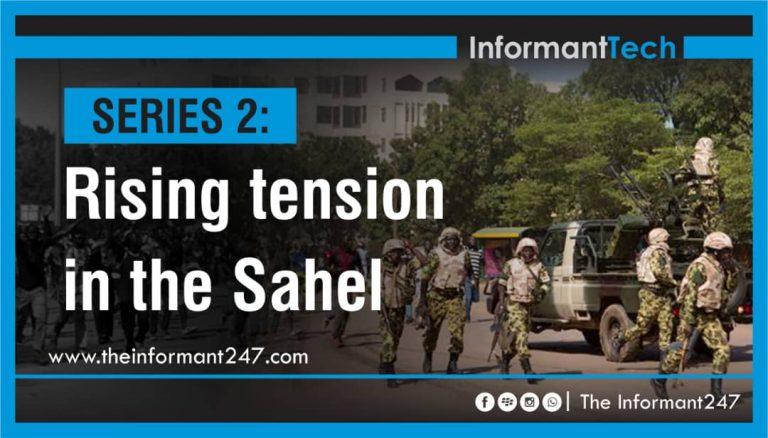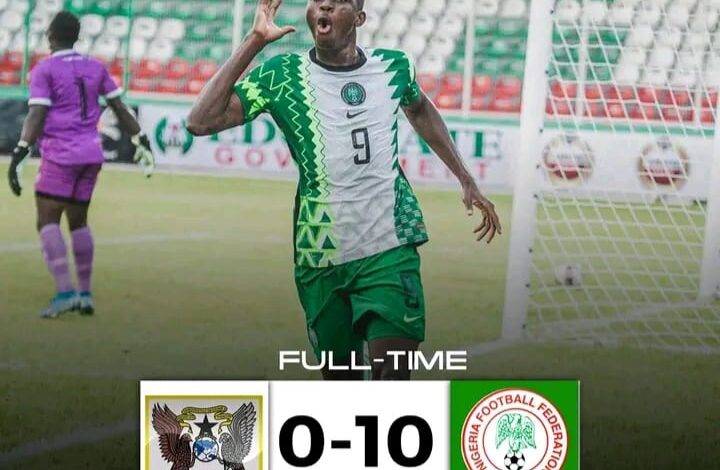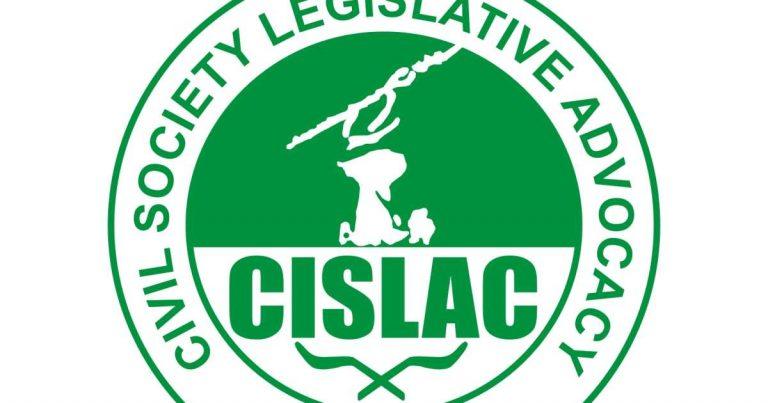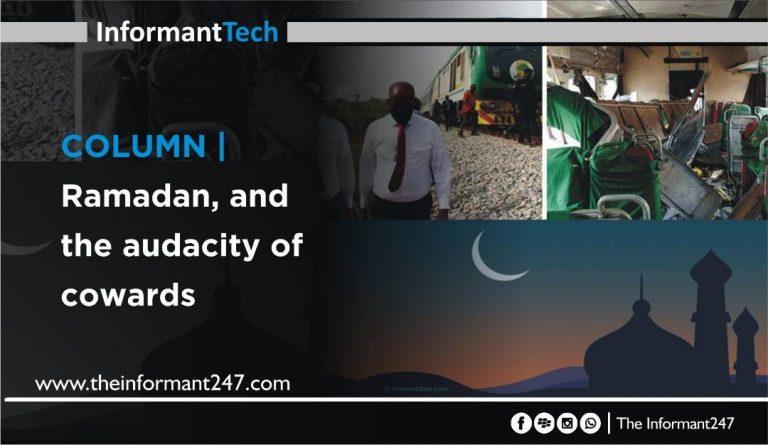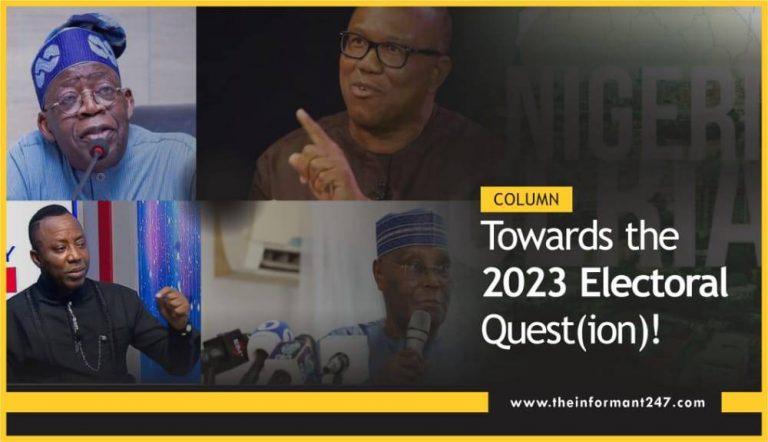COLUMN | Congo’s endless war: The urgent need for African-led solutions
By Abdulqadir M. Habeeb
The Congo is bleeding again or maybe it never stopped.
From the volcanic shadows of Goma to the weary markets of Bunia and the rebel-patrolled paths of Rutshuru, blood mixes with dust. Once again, ceasefire talks are underway, this time in Doha, where officials from the Congolese government and the M23 rebels face each other with tired scripts and forced handshakes. Few believe anything will come of it. Certainly not the widows of Beni or the displaced children in Ituri. Certainly not the farmers of Minembwe whose land has been lost to bullets, not drought.
To those watching from afar, this might feel like just another African conflict. But for those within, it is an unending cycle. Eastern Congo has become both warfront and warehouse, where minerals are extracted and lives extinguished with almost equal regularity.
The current crisis is not new. The M23 rebel group, made up largely of Congolese Tutsi fighters, claims to defend their communities from discrimination. Many of these fighters trace their roots to Rwanda, and their allegiance, real or imagined, has long complicated the regional calculus. In 2012, M23 briefly captured Goma before being defeated. But they returned in 2021, more organized and better armed. Today, they control major trade routes and strategic terrain near the borders with Rwanda and Uganda. Their presence threatens not just Congolese sovereignty but regional stability.
The Congolese government accuses Rwanda of backing the group. Rwanda denies it, yet UN reports and satellite images have long pointed to military convoys crossing the border, arms shipments in the night, and intelligence support from Kigali. Rwanda claims its security is threatened by Hutu militias hiding in Congolese forests. What is undeniable is that eastern Congo has become a battleground for regional rivalries, historical grievances, and the unspoken scramble for resources.
And amid this storm, the state is nowhere to be found
The Democratic Republic of Congo, despite sitting on trillions in mineral wealth, remains institutionally hollow. Decades of corruption, absent leadership, and patronage politics have left vast regions ungoverned. From Shabunda to Walikale, there is little sign of central authority.
Local militias, foreign-backed rebels, and opportunistic warlords run affairs. Armed groups like CODECO, ADF, and Mai-Mai operate with impunity. The United Nations peacekeeping mission, MONUSCO, has been in the region for over two decades, but its presence has become symbolic, expensive and largely ineffective.
Western interests are not innocent in this chaos. The DRC holds over 60 percent of the world’s cobalt reserves, critical for electric vehicles, smartphones, and the green energy transition. Mining giants, often with Western shareholders, continue to cut deals with whoever controls the land, be it a minister in Kinshasa or a militia commander in North Kivu. As long as the ore moves, the suffering doesn’t seem to matter.
In recent months, the absurd has also entered the scene. A failed coup attempt in Kinshasa last year saw Christian Malanga, a Congolese-American, lead a group of mercenaries into the presidential palace. He was killed. Four American citizens now face charges in U.S. courts for their involvement. The DRC has become the kind of place where satire and tragedy blend into one.
And now, former President Joseph Kabila has announced plans to return. He ruled the country from 2001 to 2019, overseeing a fragile peace and fragile democracy. His comeback is either redemption or repetition, time will tell. But the fact that a former leader must return to patch the present tells its own story of leadership voids and democratic fatigue.
Across the border, President Kagame of Rwanda remains defiant. In Uganda, President Museveni walks his usual tightrope, sometimes mediator, sometimes silent. In Nairobi and Dar es Salaam, East African Community leaders express concern but offer little more than communiqués. The Southern African Development Community (SADC) deployed troops briefly, but internal political crises back home in Mozambique and Zimbabwe pulled attention away.
And yet, amid the din, the voice of Prof. PLO Lumumba cuts through like a scalpel. His words are not comfortable, but they are necessary.
He has long argued that Congo’s tragedy is not just the product of foreign greed or rebel violence, it is also a result of African inertia. In countless speeches, he has asked, “Why must we wait for people from Geneva and Brussels to solve problems we created in Kisangani and Uvira?”
Lumumba insists that African leaders must stop outsourcing their crises to the West. He argues that Africa’s dependency on external solutions, military, political, and economic, has become a modern form of neo-colonialism. The Congo, in his analysis, is Exhibit A.
He has spoken passionately about the role of the African Union, calling it “an elite club of diplomats who meet in Addis and fly out the next day.” According to him, the AU must become a functional body with teeth, not just a continental press agency. It must coordinate security responses, facilitate real mediation, and create consequences for member states that destabilize their neighbors.
Lumumba doesn’t stop at institutions. He calls out the intellectual class, the business class, the clergy. He asks why Congolese churches with gold-laden pulpits are silent while their congregants are butchered in Ituri. He asks why African billionaires build mansions in Dubai but cannot finance a peace effort in Goma. His critique is collective.
But perhaps his most poignant point is this: “Congo is not just the test of Congo. It is the test of African dignity.”
And he’s right. This is no longer just a Congolese problem. This is Africa’s problem. From Darfur to Cabo Delgado, Africa is bleeding from self-inflicted wounds. But Congo is the deepest gash.
And still, from Kisangani to Kasindi, from the lakeside camps of displaced children in Sake to the churches of Bukavu praying for peace, ordinary people wait. They wait for the warlords to leave. They wait for the governments to govern. They wait for the day when Congo will be known not for its wars, but for its worth.
Posterity shall vindicate the just.
Habeeb is a Tech, Strategy, and Innovations consultant. He keeps a periodic Column here and can be reached via habeebajebor@gmail.com.


